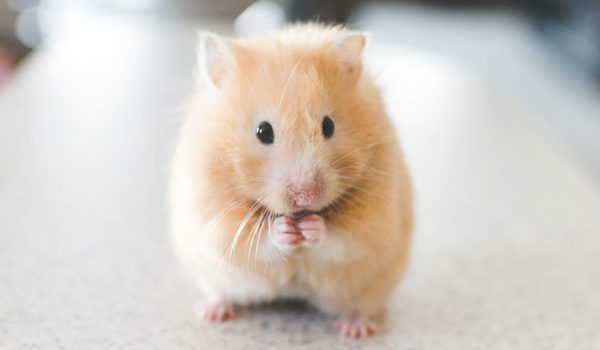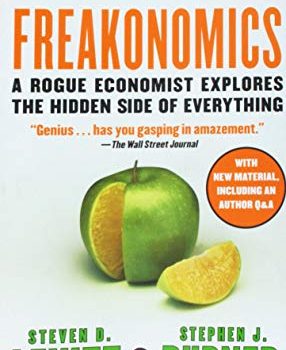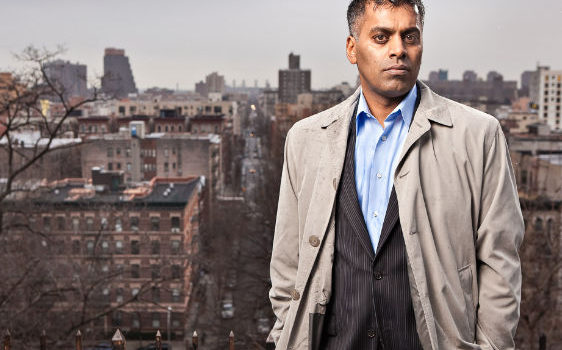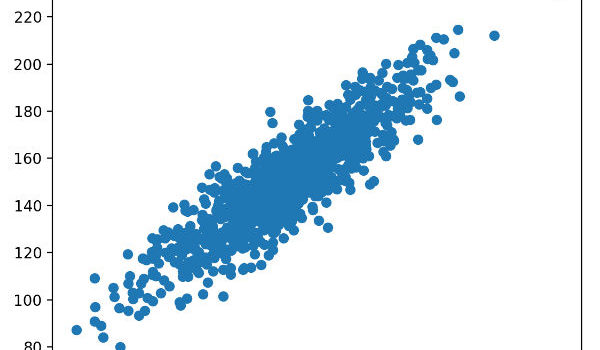Any business has to get customers. In paid marketing, you have to pay for each customer. This is the Customer Acquisition Cost (CAC). Then, each customer gives you a certain amount of value over time, or the Lifetime Value (LTV)
How do you calculate the LTV and CAC? How is it important that these two numbers related to each other? Learn in our guide from Lean Startup.








